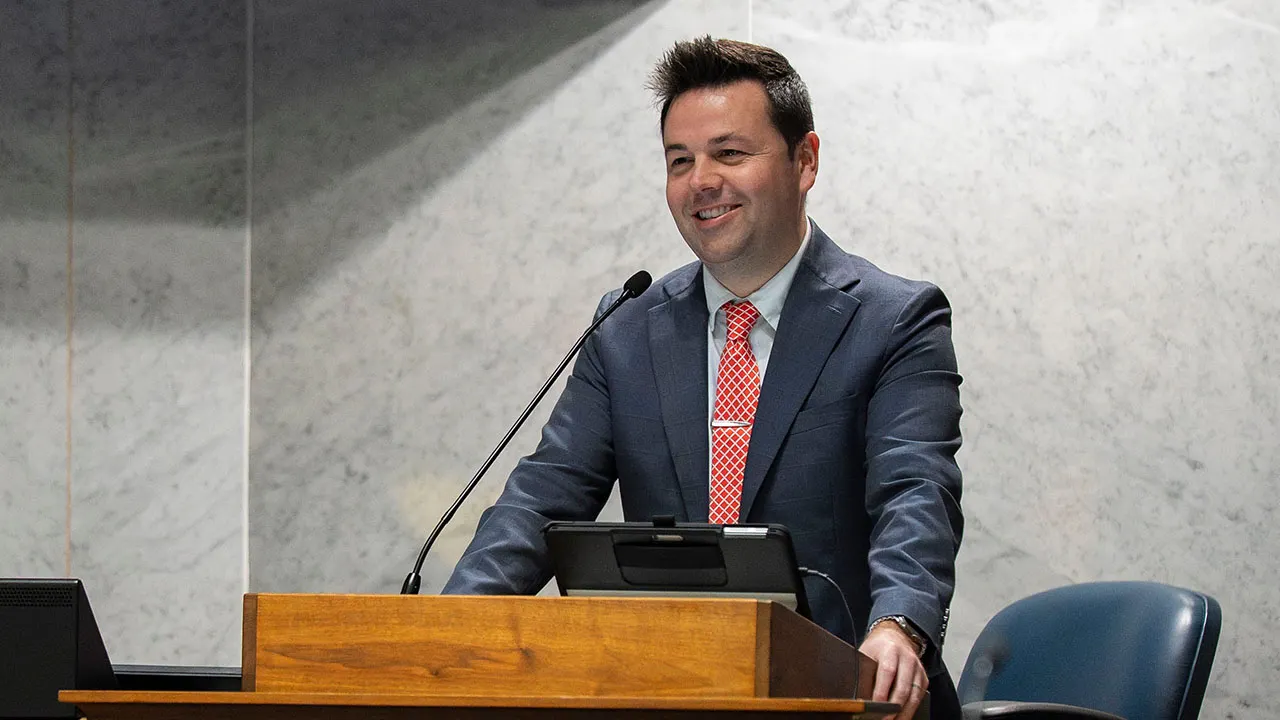– and not just once, but on five separate occasions? Don’t believe me? Let’s review the record. After the breakup of the Ottoman Empire following World War I, Britain took control of most of the Middle East, including the area that constitutes modern Israel. Seventeen years later, in 1936, the Arabs rebelled against the British,
And against their Jewish neighbors. The British formed a task force – the Peel Commission – to study the cause of the rebellion. The commission concluded that the reason for the violence was that two peoples – Jews and Arabs – wanted to govern the same land.
The answer, the Peel Commission concluded, would be to create two independent states – one for the Jews, and one for the Arabs. A two-state solution. The suggested split was heavily in favor of the Arabs. The British offered them 80 percent of the disputed territory; the Jews, the remaining 20 percent.
Yet, despite the tiny size of their proposed state, the Jews voted to accept this offer. But the Arabs rejected it and resumed their violent rebellion. Rejection number one. Ten years later, in 1947, the British asked the United Nations to find a new solution to the continuing tensions.
Like the Peel Commission, the UN decided that the best way to resolve the conflict was to divide the land. On November 7, 1947, the UN voted to create two states. Again, the Jews accepted the offer. And again, the Arabs rejected it, only this time, they did so by launching an all-out war.
Rejection number two. Jordan, Egypt, Iraq, Lebanon and Syria joined the conflict. But they failed. Israel won the war, and got on with the business of building a new nation. Most of the land set aside by the UN for an Arab state – the West Bank and east Jerusalem
– became occupied territory; occupied not by Israel, but by Jordan. Twenty years later, in 1967, the Arabs, led this time by Egypt and joined by Syria and Jordan, once again sought to destroy the Jewish State. The 1967 conflict, known as the Six Day War, ended in a stunning victory for Israel.
Jerusalem and the West Bank, as well as the area known as the Gaza Strip, fell into Israel’s hands. The government split over what to do with this new territory. Half wanted to return the West Bank to Jordan and Gaza to Egypt in exchange for peace.
The other half wanted to give it to the region’s Arabs, who had begun referring to themselves as the Palestinians, in the hope that they would ultimately build their own state there. Neither initiative got very far. A few months later, the Arab League met in Sudan and issued its infamous “Three No’s:”
No peace with Israel. No recognition of Israel. No negotiations with Israel. Again, a two-state solution was dismissed by the Arabs, making this rejection number three. In 2000, Israeli Prime Minister Ehud Barak met at Camp David with Palestinian Liberation Organization Chairman Yasser Arafat to conclude a new two-state plan.
Barak offered Arafat a Palestinian state in all of Gaza and 94% of the West Bank with East Jerusalem as its capital. But the Palestinian leader rejected the offer. In the words of US President Bill Clinton, Arafat was “Here 14 days and said ‘no’ to everything.”
Instead, the Palestinians launched a bloody wave of suicide bombings that killed over 1,000 Israelis and maimed thousands more – on buses, in wedding halls, and in pizza parlors. Rejection number four. In 2008, Israel tried yet again. Prime Minister Ehud Olmert went even further than Ehud Barak had, expanding the peace offer
To include additional land to sweeten the deal. Like his predecessor, the new Palestinian leader, Mahmoud Abbas, turned the deal down. Rejection number five. In between these last two Israeli offers, Israel unilaterally left Gaza, giving the Palestinians complete control there. Instead of developing this territory for the good of its citizens, the Palestinians turned
Gaza into a terrorist base, from which they have fired thousands of rockets into Israel. Each time Israel has agreed to a Palestinian state, the Palestinians have rejected the offer, often violently. So, if you’re interested in peace in the Middle East, maybe the answer is not to pressure
Israel to make yet another offer of a state to the Palestinians. Maybe the answer is to pressure the Palestinians to finally accept the existence of a Jewish State. I’m David Brog, Executive Director of the Maccabee Task Force, for Prager University.

































 Reaction & Commentary
Reaction & Commentary










